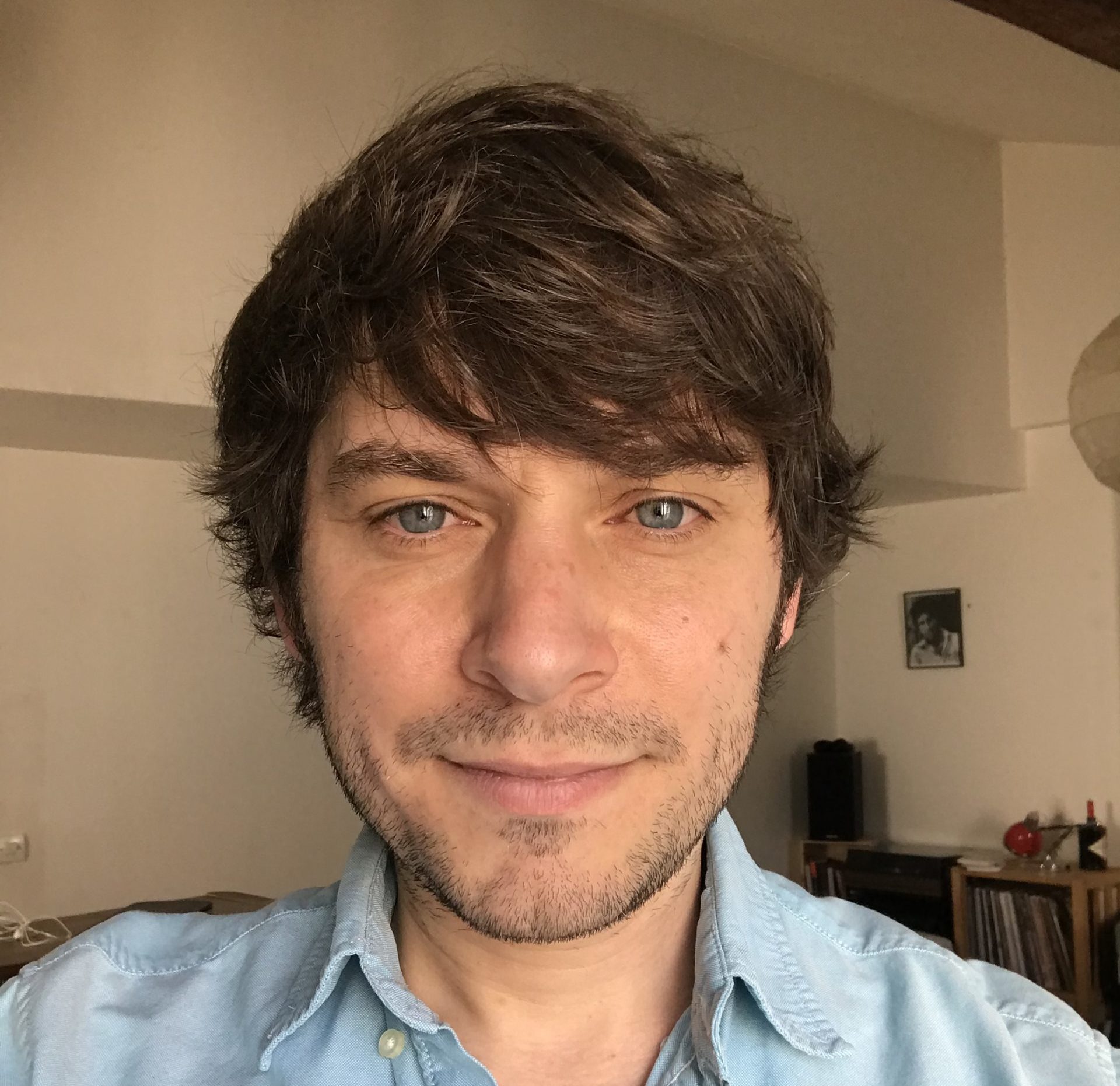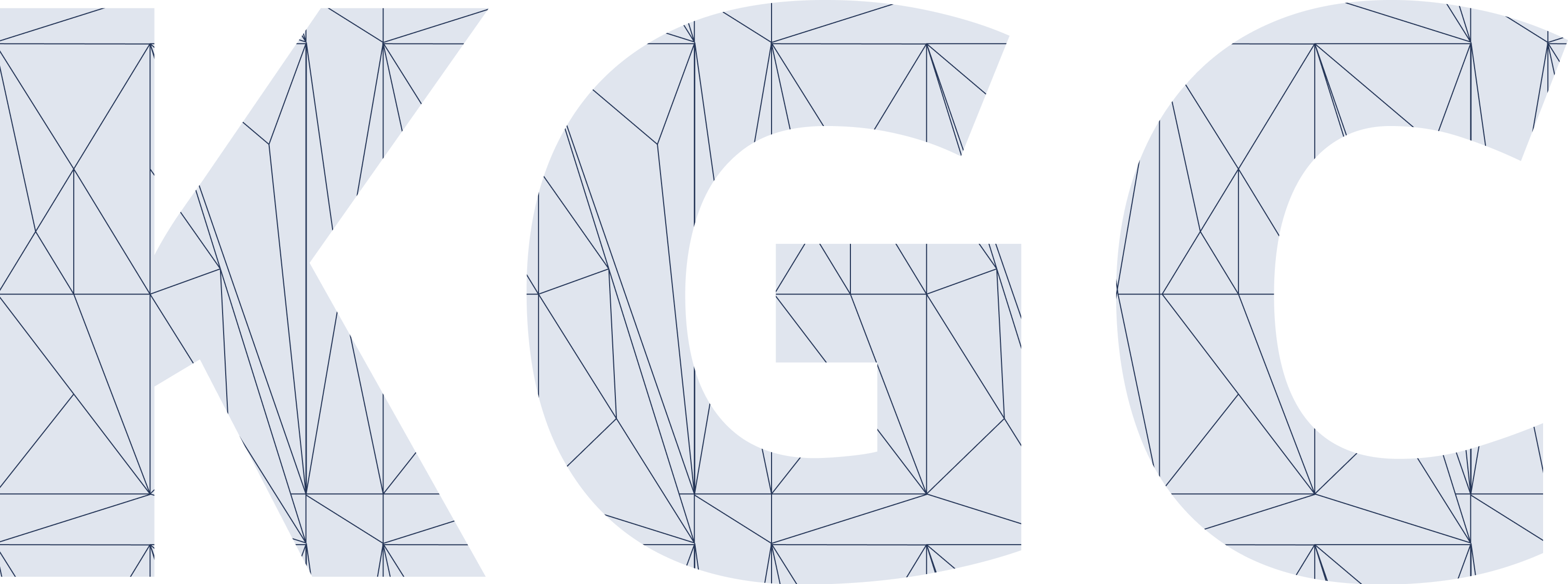Konstantin Todorov

Dr. Konstantin Todorov is Assoc. Professor at the University of Montpellier since 2012. He obtained his PhD in Cognitive Science from the Univ. of Osnabrück (Germany) in 2010 after receiving a MSc in Statistical Learning from the Univ. of Provence (France). His research lies in the AI fields of knowledge and data integration and extraction with applications in the fields of cultural heritage, agriculture and social sciences.
2021 Talk: Browsing the Web of Claims: ClaimsKG and its applications and perspectives
How do falsehoods spread on the web? This and other questions related to the propagation of fake news and biased discourse in the public area have been drawing increasing interest in different communities from social sciences to artificial intelligence. Online discourse, i.e. claims and opinions shared online, together with their associated contexts (authors, salient entities, related events) constitute a valuable source of insights to these questions.
While knowledge graphs of today enable data reuse and federation, improving information retrieval on the web and facilitating knowledge discovery in various fields, they do not store information about claims and related online discourse data, making it difficult to access, query and reuse this wealth of information.
Hence, we have built ClaimsKG — a knowledge graph of fact-checked claims and their related metadata, such as the claims’ truth labels, authors, topics, keywords and references. The knowledge graph is built by extracting information from a number of popular fact-checking web portals and structuring it following a specifically developed for this purpose conceptual data model mainly based on schema.org and the NIF vocabularies. Among other applications, ClaimsKG provides ground truth data for a number of tasks relevant to the analysis of societal debates on the web.
In this talk, I will first present three tools that operate on the data of ClaimsKG: (1) the Claims Explorer, which allows us to navigate through our data and perform a faceted search; (2) the Claims Statistical Observatory, which helps uncover trends; and (3) the ClaimLinker, which allows linking arbitrary text to claims from ClaimsKG (or any other Knowledge graph containing claims), hence assisting the task of fact verification. I will further discuss perspectives on modeling claims in a generalized and contextualized manner, as well as related challenges such as claim disambiguation and the assessment of claim relatedness.
2020 Talk: A knowledge graph of controversial claims and its applications
Expressing opinions and interacting with others on the Web has led to the production of an abundance of online discourse data, such as claims and viewpoints on controversial topics, their sources, and contexts (e.g., events, entities). These data constitute a valuable source of insights for studies into misinformation spread, bias reinforcement, echo chambers or political agenda-setting. While knowledge graphs of today enable data reuse and federation thus improving information retrieval and facilitating research and knowledge discovery in various fields, they do not store information about claims and related online discourse data, making it difficult to access, query and reuse this wealth of information. In my talk, I will present recent work in collaboration with the Leibniz Institute of Social Sciences GESIS (Germany), on the construction of ClaimsKG – a knowledge graph of fact-checked controversial claims, which facilitates structured queries about their truth values, authors, dates, journalistic reviews and other kinds of metadata and provides ground truth data for a number of tasks relevant to the analysis of societal debates on the web. I will discuss perspectives on modeling claims in a generalized and contextualized manner, as well as related challenges such as claim disambiguation and the assessment of claim relatedness. I will present preliminary results on learning claim vector representations (embeddings) from ClaimsKG and their application for the task of automatic fact-checking.
View the complete talk in the KGC media library.
